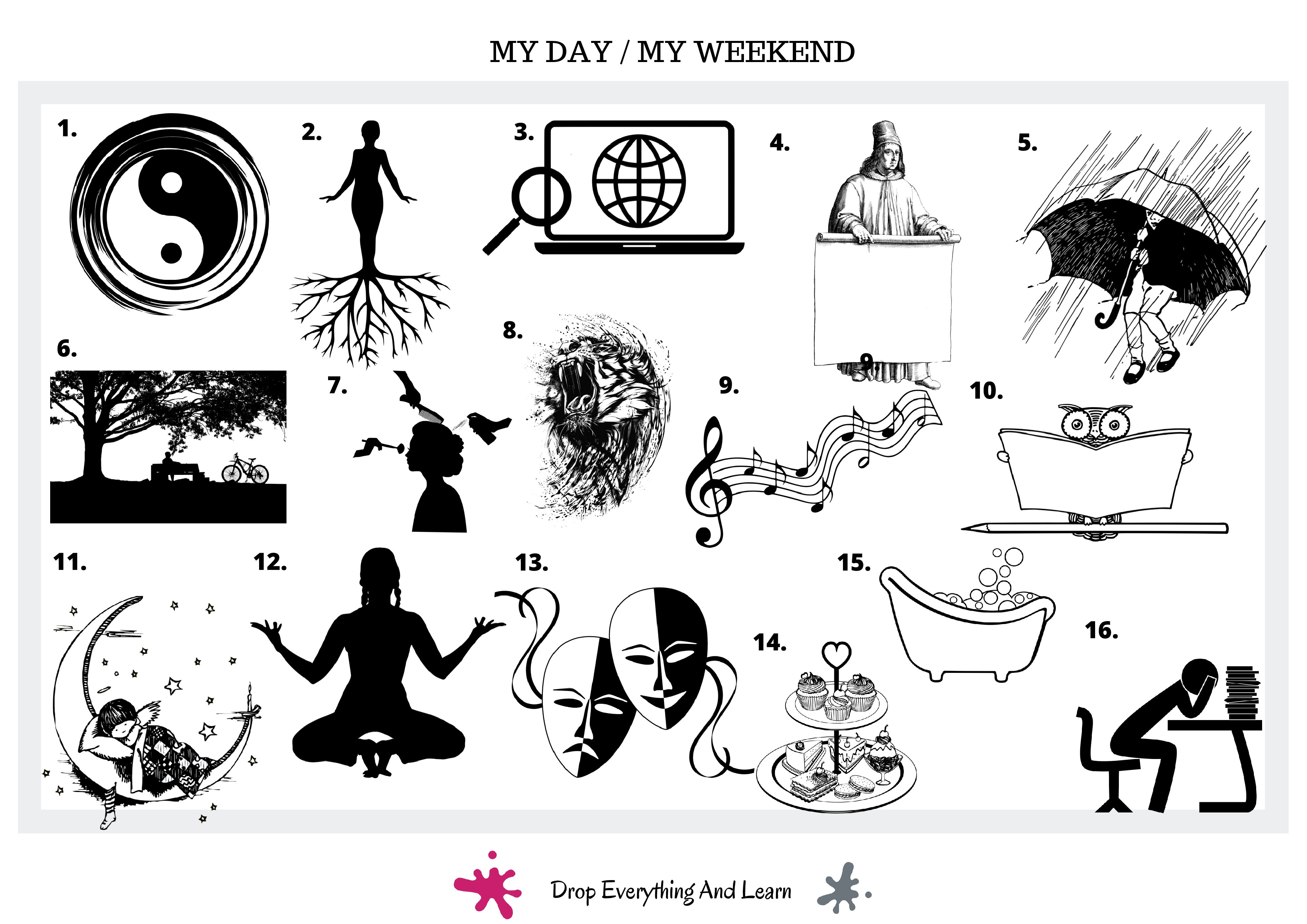I’ve just gathered a few of my Christmas activities in one place for you to enjoy during your last lessons before or first lessons after Christmas. All of them can be found on wordwall. Short, quick, can be used as warm-ups, energizers or fillers. Suitable for teens and adults on different levels.
CHRISTMAS CATEGORIES
Students have to put the words and expressions into 4 different categories: Christmas decorations, traditions, food and winter time.
CHRISTMAS MATCHING
Students have to match the pictures to Christmas expressions.
CHRISTMAS QUIZ
Students have to choose the correct answer. It’s a typical vocabulary game.
CHRISTMAS PHRASAL CRAZE
This time we deal with grammar, and to be more precise with phrasal verbs. Definitely for more advanced students.
CHRISTMAS SPEAKING
And the last exercise is devoted entirely to speaking. Could be used as a typical work in pairs or speed dating activity.
MERRY CHRISTMAS
I hope you will find those activities useful, still this year or maybe in the future. I’d like to wish you all the best. Merry Christmas and a Happy New Year.





